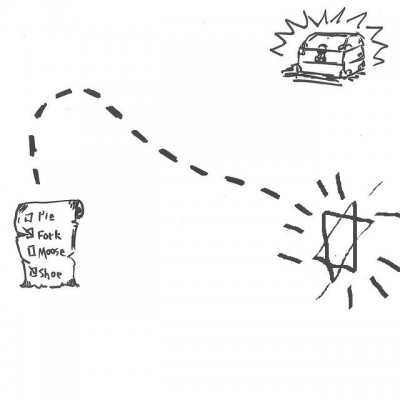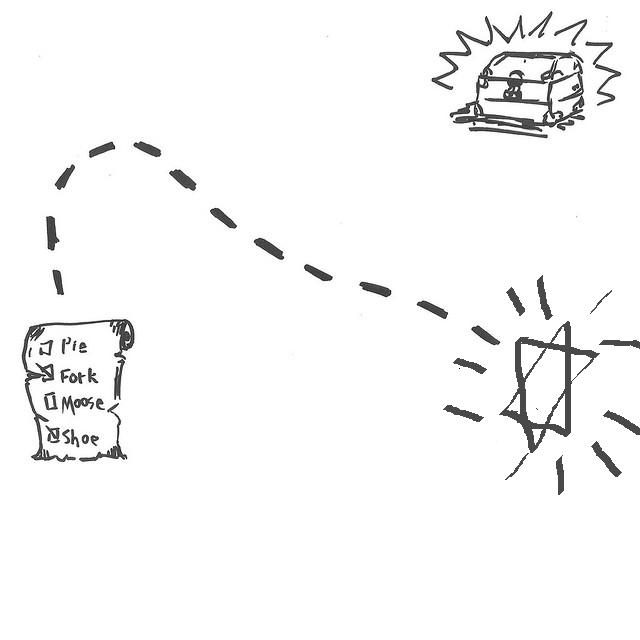
This is a busy week at the University of Chicago. For one thing, we students are consumed with the mid-quarter rush of exams and paper due dates. This week in particular, though, we are also exceedingly busy non-academically—if you can imagine anything but academics ever occurring at the University of Chicago. Two major events are happening across campus that have been dancing around our collective consciousness: the Housing Lottery and The Annual Scavenger Hunt. Both events, though distinctly different in tone and in function, emphasize how strong the Housing communities are at the University of Chicago. The Housing Lottery is an important means of fostering House unity. This unity comes not through forcing us House members to think about their House and room selection for the following year, but by bringing the House community together over manic preparations and speculations on who will select what. House unity is likewise built during the Scavenger Hunt when we as a House join together and unite with a few other Houses to win what is essentially a competitive festival of arbitrariness and eccentricity. In a real sense, the House System serves as a gateway to the rest of the University, a safe, strong foundation of individuals with which and through which we experience University of Chicago life. Incidentally, this also describes exactly my experiences with Jewish communities and Judaism.
I grew up attending a relatively large Conservative shul in Pittsburgh. Though I made some friendly acquaintances through religious school and youth programming, I never felt any strong sense of community there. Granted, I didn’t go to services regularly, but when I did, I always felt like an audience member in a theater rather than someone who was supposed to be in a communal dialogue with the Divine. I felt no intimacy with the community around me, and therefore little intimacy with the Divine or Judaism as a whole. The older I grew with this as my threshold for Judaism, the more alienated I felt from my Jewishness.
Perhaps the stark juxtaposition between this style of kehila and that of my current community—the Egalitarian Minyan or Egal for short—is what caused my eyes to swell with tears during my first Kabbalat Shabbat service as a part of it. The seats were arranged in a circle around the small chapel on the third floor of Hillel. Though the service leaders alternated, they all really functioned as leaders of the service, not as performers. As I came to know the minyan more intimately, I noticed that rather than trying to establish a solemn air at every moment, people joked with each other, and that if I didn’t know something about Jewish tradition—which happened and still happens frequently—there were many people willing not only to explain it, but to really discuss it with me. In time, Egal became a family to me, and with this as my door to Jewishness, I finally found myself in a position of engagement in the larger Jewish people, ready to enter into our communal discussion with the Divine.
For me, this emphasizes the importance of strong and intimate Jewish communities. They need not be prayer based; they need just be Jewish. It is only through experiences that make individuals feel welcome, nourished, valued, and safe, such as I have experienced in Egal, that we can hope to provide outsiders a positive engagement with Judaism. I recognize, too, that some might get this sort of intimate fulfillment from my family’s Pittsburgh synagogue or from others like it, and this is wonderful. Synagogues like this one, then, are valid for those people, but we must recognize that perhaps they don’t work for every Jew, and for these Jews, we need either smaller minyanim or other ways of building Jewish communities. The covenant, after all, like the University of Chicago, is a big place. Supportive gateways to guide and to contextualize are essential, be they Houses or minyanim.
Dani Plung is a student at the University of Chicago.

